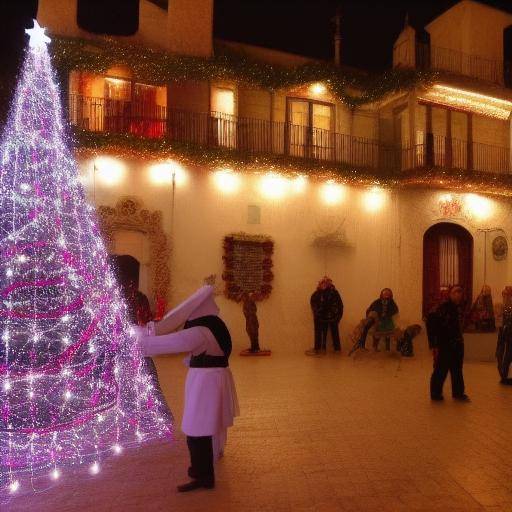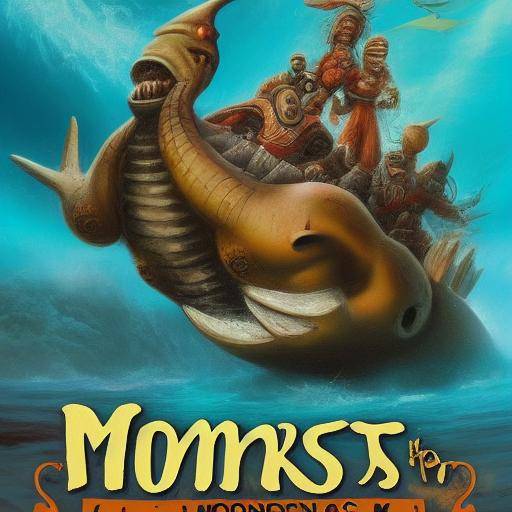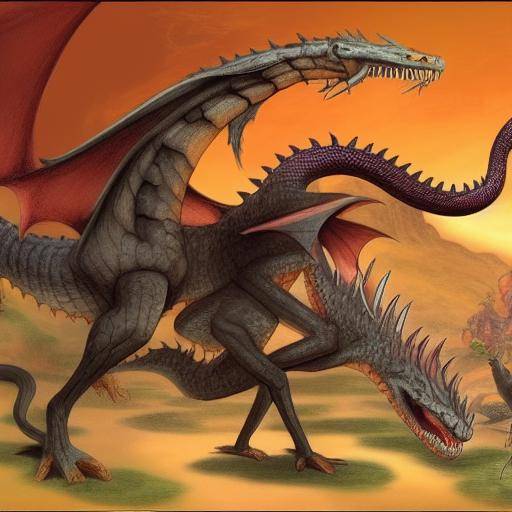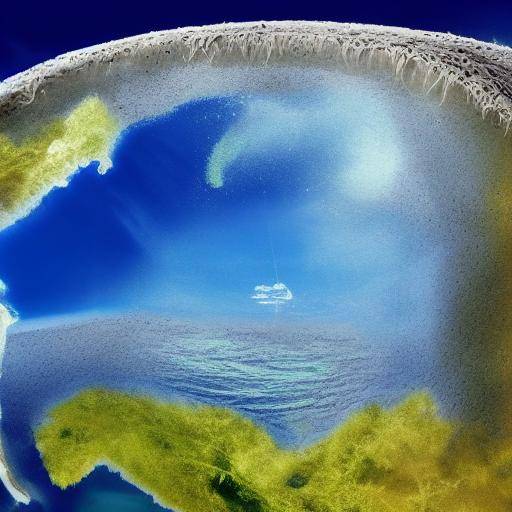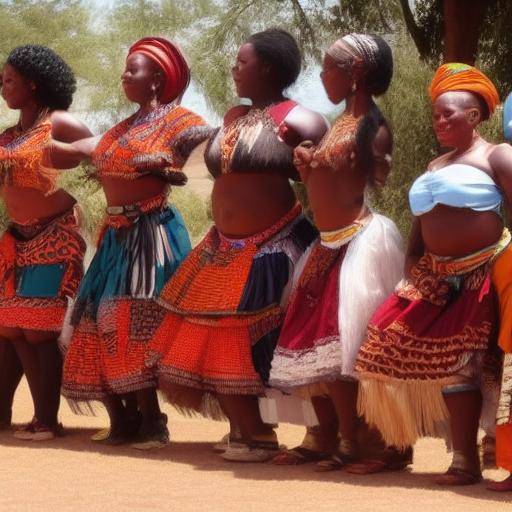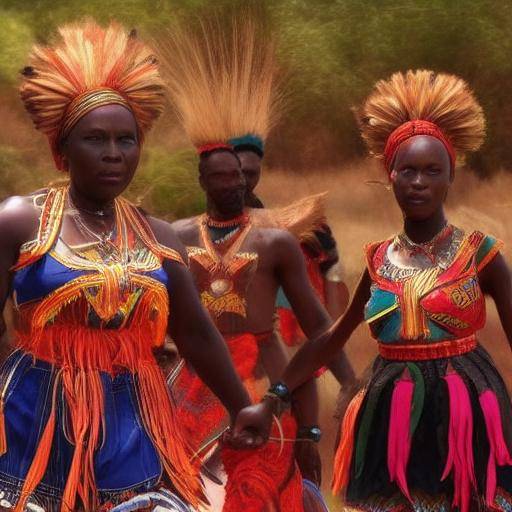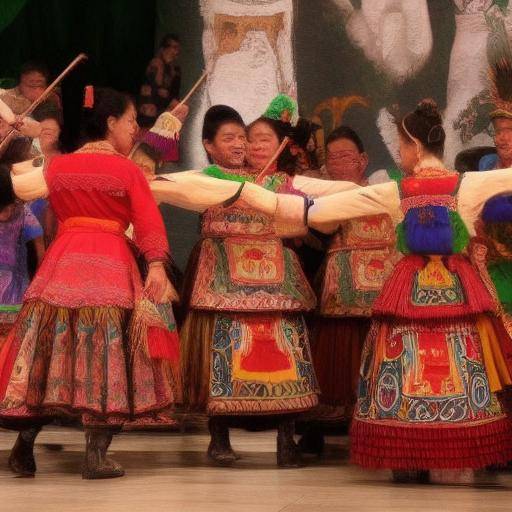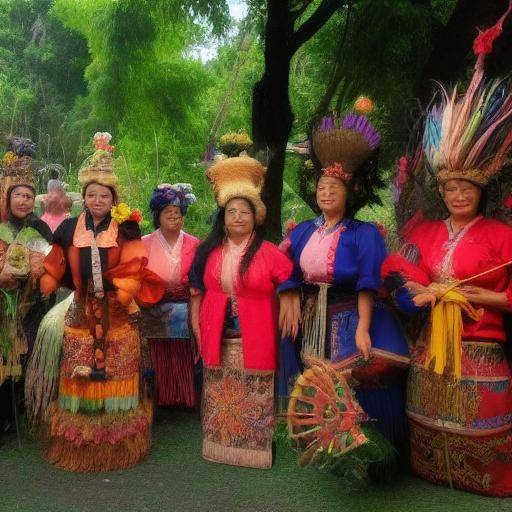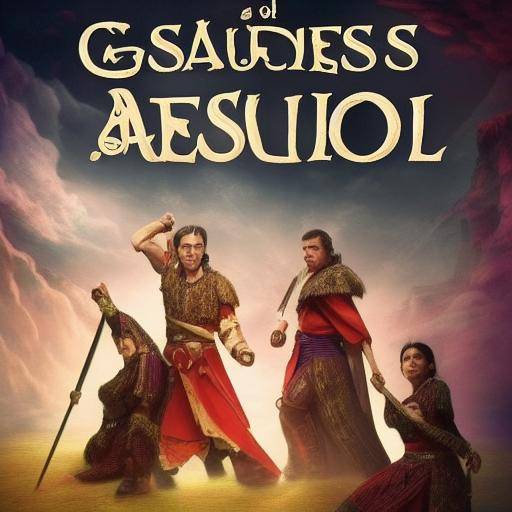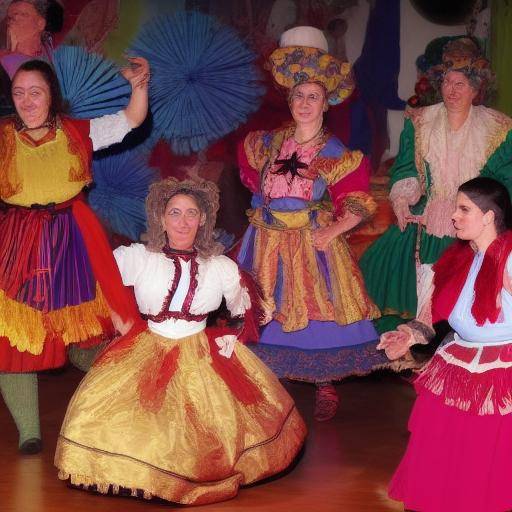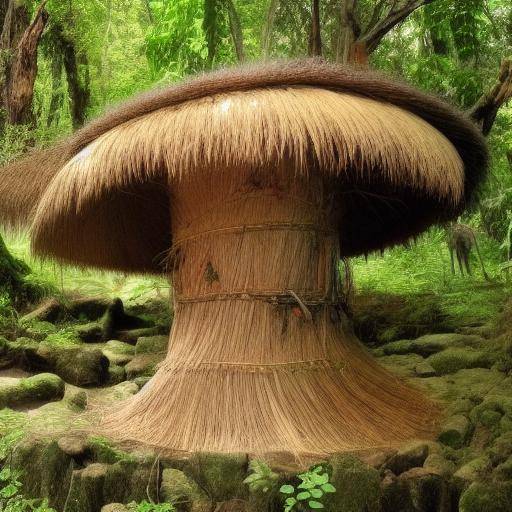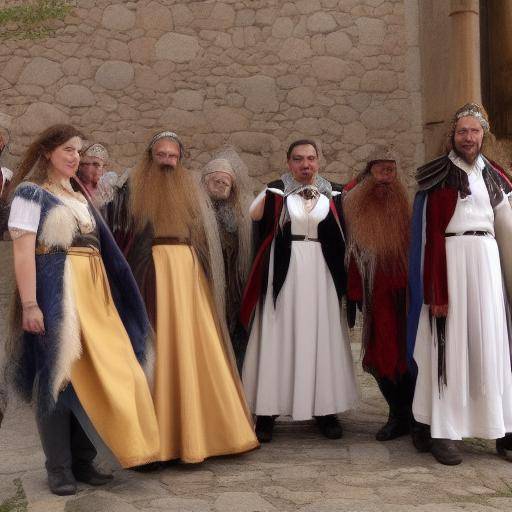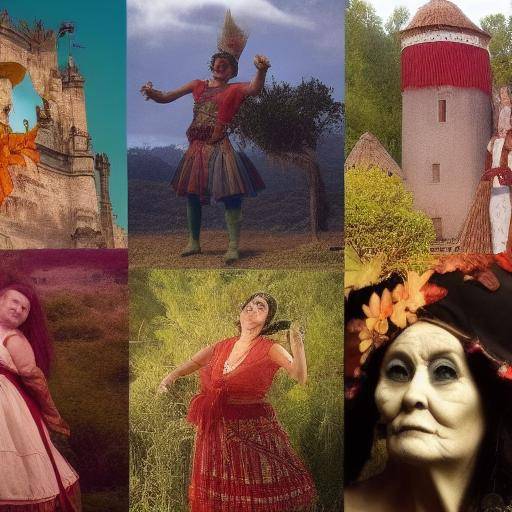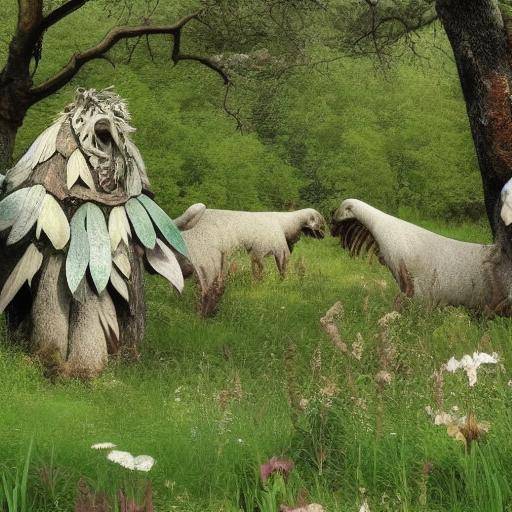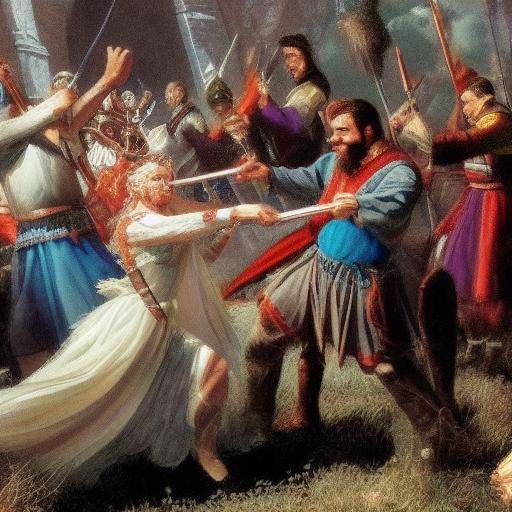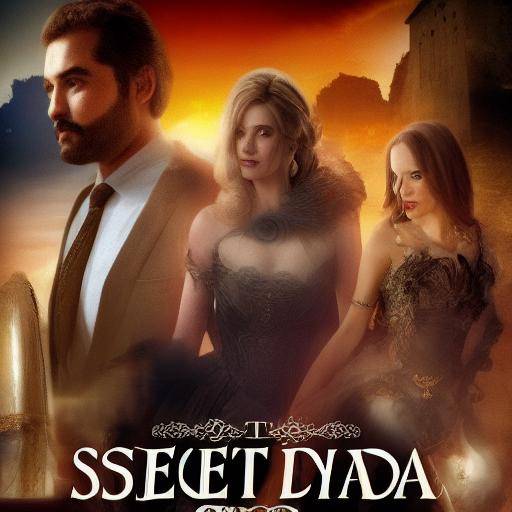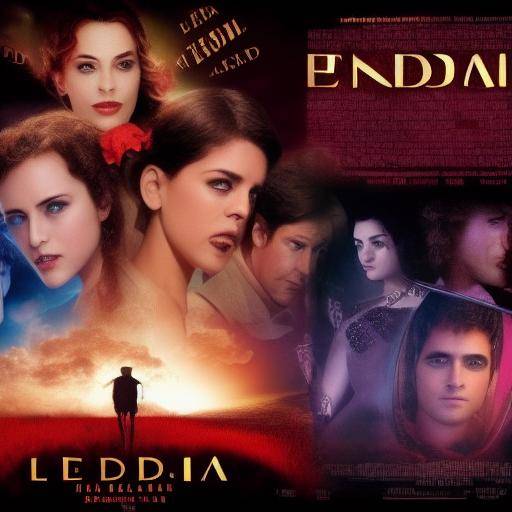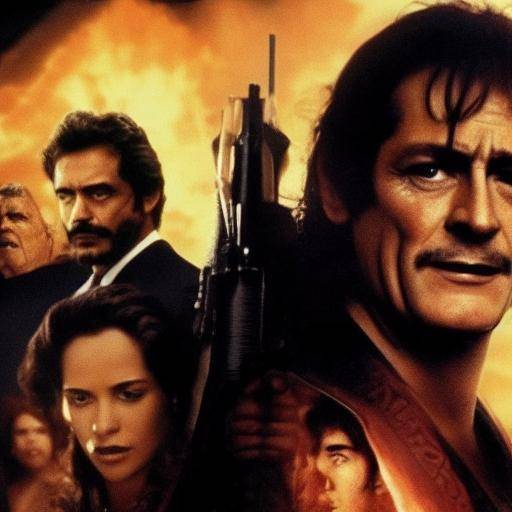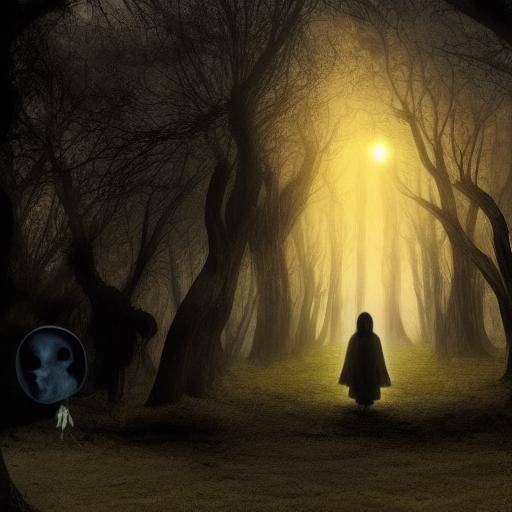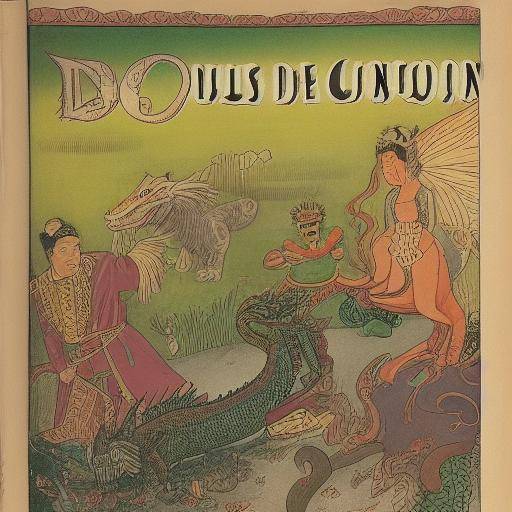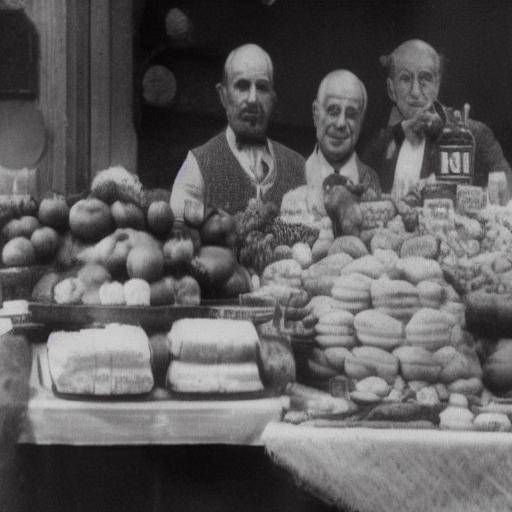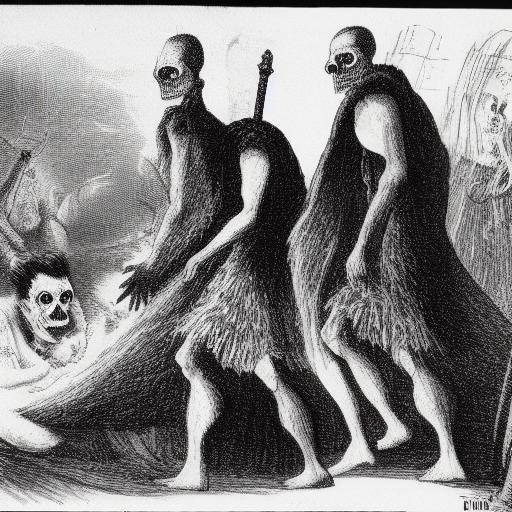
Introduction
Welcome to a chilling journey to the heart of fear! The stories of terror, macabre legends and the origin of terror have fascinated humanity since time immemorial. In this article, we will explore the evolution and cultural impact of these terrifying narratives. From the dark roots of legends to the creation of contemporary macabre stories, we will discover what impulsed humanity to embrace fear. Prepare your mind to get into the world of horror and discover the fascinating origin of horror stories.
Origin of Terror: A Look at the roots of fear
The origin of terror goes back to the dawn of civilization. From ancient oral traditions to the Gothic literature of the nineteenth century, fear has been an omnipresent force in the history of humanity. The need to understand and confront the mystery and the unknown prompted the cultures of the whole world to create stories that embodied the darkest depths of the human psyche.
Ancient legends and myths: Seeds of terror
Ancient civilizations, such as Greek, Roman, Egyptian and Mesopotamian, weaved narratives that evoked primordial fears. From mythical monsters to gods of death, these legends reflected the fears and anxieties of their respective societies. Uncertainty to the supernatural and the inevitability of death provided a fertile ground for the flourishing of terror in the oral narrative.
- Greek mythology: Stories like Medusa, a creature that could turn men into stone with a look, reflected the fear of the unknown and violent death.
- Egyptian mythology: The Egyptians believed in powerful gods and spirits from beyond, like Anubis, the god of death, who would lead souls to their final judgment.
- Mesopotamian mythology: Concerning demons and vengeful spirits, like Pazuzu, the king of the demons of the wind, they kept the people attentive and afraid of what was lurking in the darkness.
Gothic literature: The modern era of horror
The 18th and 19th century witnessed the emergence of Gothic literature, which led to some of the most frightening stories in history. Authors like Edgar Allan Poe, Mary Shelley and Bram Stoker infused the vocabulary of horror with a visceral quality that still resonates in contemporary popular culture. His stories explored taboo themes, fascinating the masses with their ability to provoke fear.
- Edgar Allan Poe: Master of Psychological Horror, Poe wrote stories like "The Heart of the Deator" and "The Fall of the Usher House", which deepen in madness and decay.
- Mary Shelley: His work "Frankenstein" not only explored the limits of science and creation, but also fear of rejection and loneliness.
- Bram Stoker: "Dracula" introduced the archetype of the vampire in modern literature, merging terror with seduction and immortality.
Cinema and TV: Terror in Movement
The twentieth century saw the emergence of cinema and television as powerful tools to spread horror to a wider audience. Ionic films such as "Nosferatu", "Psicosis" and "The Exorcist" brought terror to new heights, stimulating fervour for the stories of fear around the world. Urban and folkloric legends also found a new home in the celluloid world, creating a vast repertoire of terrifying narratives that continue to captivate audiences today.
- "Nosferatu" (1922): One of the first vampire movies, which remains a classic of horror cinema.
- "Psicosis" (1960): Directed by Alfred Hitchcock, he revolutionized the genre of psychological thriller with his famous shower scene.
- "The Exorcist" (1973): Based on a novel by William Peter Blatty, it is one of the most terrifying and controversial films of all time, exploring the theme of demonic possession.
Macabras Stories: The roots of fear in contemporary narrative
The macabre stories, known for their ability to disturb and disturb readers and listeners, have found a prominent place in the spectrum of terror. From the stories of H.P. Lovecraft to modern urban legends, macabre stories have evolved and adapted to the changing fears of society. We will immerse ourselves in the dark domains of these stories and discover how they have evolved over time.
H.P. Lovecraft and cosmic horror
Lovecraft, one of the most influential writers of the genre of terror, created a universe where the unknown and the unknowable reign supreme. His stories, like "Cthulhu's call" and "In the mountains of madness," explore the fear of the unknown and the insignificance of the human being in the vast cosmos. Lovecraft introduced the idea of ancient gods and beings that exist beyond our understanding, infusing their stories a sense of hopelessness and existential fear.
Urban Legends: Daily Terror
Urban legends are a contemporary phenomenon that adapts traditional fears to a modern context. These stories often circulate as rumors or stories of "a friend of a friend" and reflect the current anxieties of society.
- The man of the hook: A story about a teenage couple who faces a killer with a hook on a date night.
- The girl in the curve: A ghost that appears on the roads to warn drivers about imminent dangers.
- Slender Man: A tall, thin figure that lurks and kidnaps children, born from a Photoshop contest on the internet but that quickly became a modern urban legend.
Evolution of Terror in Literature and Cinema
Terror continues to evolve, adapting to cultural and technological changes. In literature, authors like Stephen King and Clive Barker have brought the genre to new heights, exploring topics such as intrinsic evil, soul corruption and everyday horror. In the cinema, directors like Jordan Peele and Ari Aster have renewed the genre with films that combine terror with deep social comments.
- Stephen King: With works like "It" and "The Shining", King has explored childhood fears and madness, leaving an indelible mark on the genre.
- Jordan Peele: With films like "Get Out" and "Us", Peele has redefined terror by addressing issues of racism, identity and collective trauma.
Conclusion
The origin of horror stories is a fascinating journey through cultures, eras and media. From the ancient legends and myths that sowed the seeds of terror to the contemporary macabre stories that reflect our modern fears, horror has been a constant in human narrative. These stories not only scare us, but also allow us to explore our deepest anxieties and better understand the human condition.
Terror, in all its forms, will continue to evolve and adapt, reflecting the changing fears of society. Meanwhile, the stories of fear will continue to captivate our minds, reminding us that, although we face fear, we also find in it a way of confronting the unknown and the inexplicable.
Frequently asked questions
- What is the origin of horror stories?
- The horror stories have their roots in ancient legends and myths of civilizations such as the Greek, Egyptian and Mesopotamian, which reflected the fears and anxieties of their societies.
- What is Gothic literature and why is it important in the genre of terror?
- Gothic literature emerged in the 18th and 19th centuries and is characterized by its dark, mysterious and supernatural themes. It is important because it established many of the conventions of the genus of terror.
- How has cinema influenced the evolution of terror?
- Cinema has expanded the reach of terror, allowing fear stories to reach a wider audience. Ionic films such as "Psicosis" and "The Exorcist" have defined gender and established new standards of fear.
- What are urban legends and how do they relate to terror?
- Urban legends are contemporary stories that reflect the current fears of society. They often circulate as rumors and are a modern form of horror narrative.
- **Who are some of the most influential authors in contemporary terror literature
annea?**
- Authors like Stephen King, Clive Barker and H.P. Lovecraft are some of the most influential, each contributing their own approach and exploring different aspects of fear and the supernatural.


